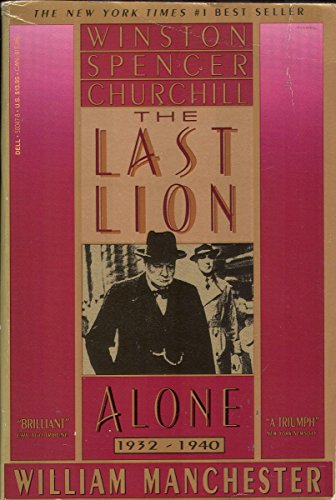

It may be because he also wrote extensively about McArthur and Churchill that his own experience as recounted in this book seems to define so well many of the anti-war sentiments of the a man who clearly absorbed the import of the counterculture in American life. The devotion of many Pacific island natives to the Americans was something you never hear about, nor the primitive manner in which they lived and how Dai Nippon forced them into labor. The change in tactics by the Japanese and their all-consuming drive for victory as Dai Nippon has given me a new appreciation for why they were so hated by the Chinese. Recognizing how close the Japanese came to Australia was a great revelation of the book, as well as the parallel drives northward of McArthur and Nimitz. Ask me yesterday and I might have said, Iwo Jima, Midway and Pearl, but now my understanding has been extended a great deal. The book serves as my first look into the complexities and the battles of the Pacific. A sergeant trying to lead men, who develops through sheer luck, an ability to survive the horrors of jungle warfare on extremely remote inhospitable islands. Manchester plays the role of the callow youth experiencing war, trying to deal with cowardice and bravado, and how neither of these simple expressions of manhood seem to have much to do with who dies and who survives the brutalities of the Pacific theater. So he deals with repressed memories, and the shock of being amidst the random chaos and violence, and the amazement of how empty such places were after the war. In this regard he displays a kind of shocked naiveté, as if the two World Wars were something just invented for his father and himself, custom-made to drive him to madness. Manchester writes as if, and clearly you can hear it in his articulation, the war was a great revelation to him and thus to everyone.

Writing in 1978 or thereabouts, he illustrates perfectly a Me Generation dream sequence which is absent the conviction of necessity. William Manchester sounds to be the source of much of today's ambivalent confusion about war, and is writing a fact filled, yet soppy emotional memoir / history of compelling stuff.


 0 kommentar(er)
0 kommentar(er)
